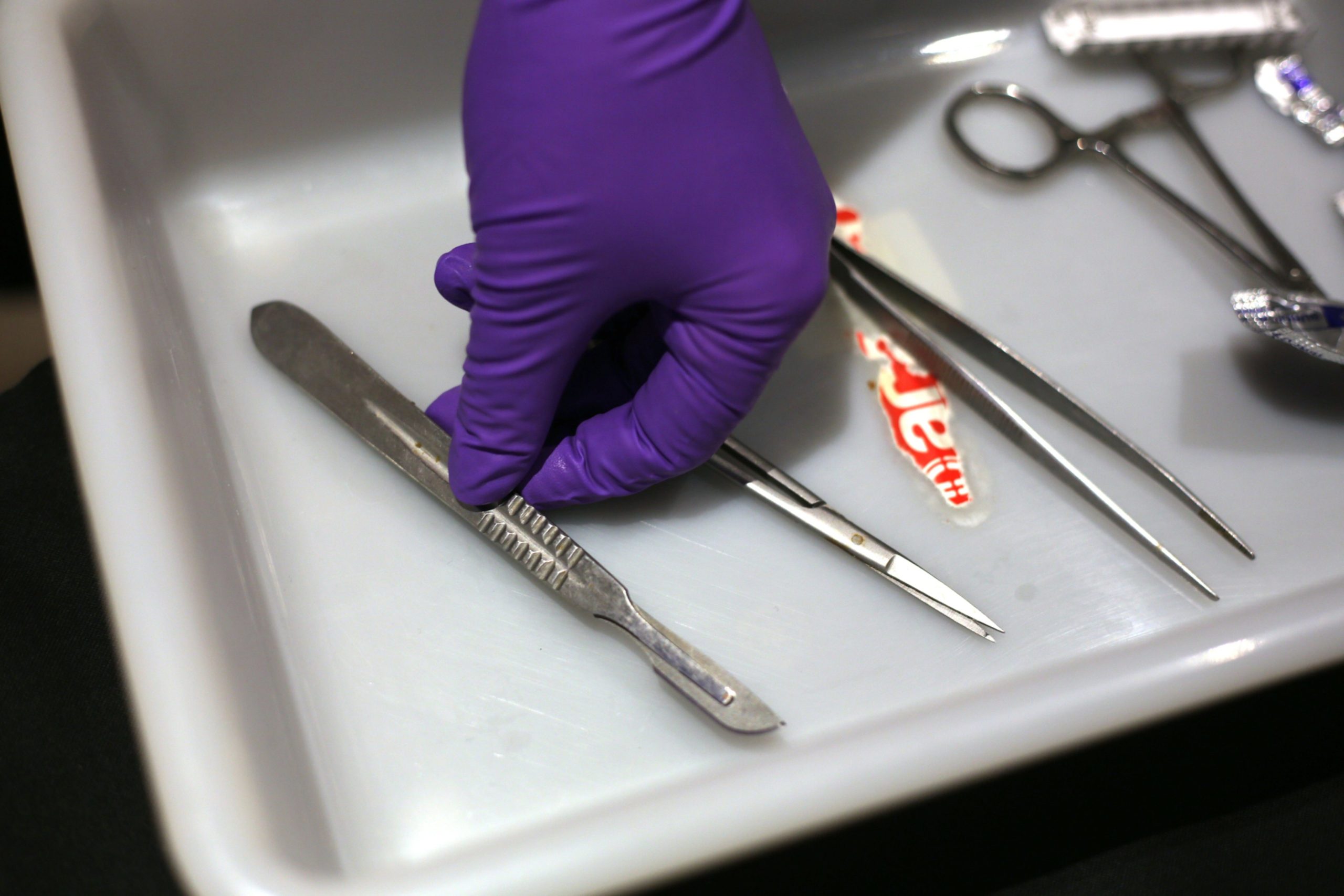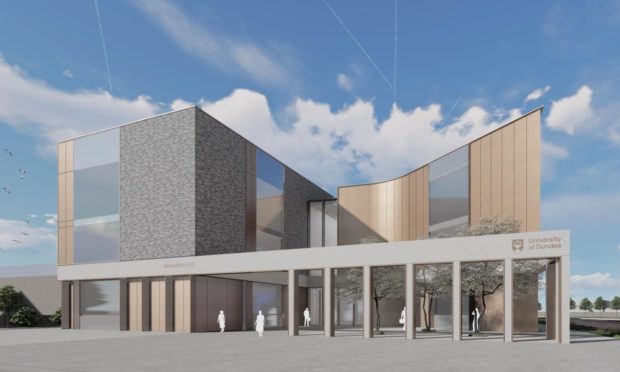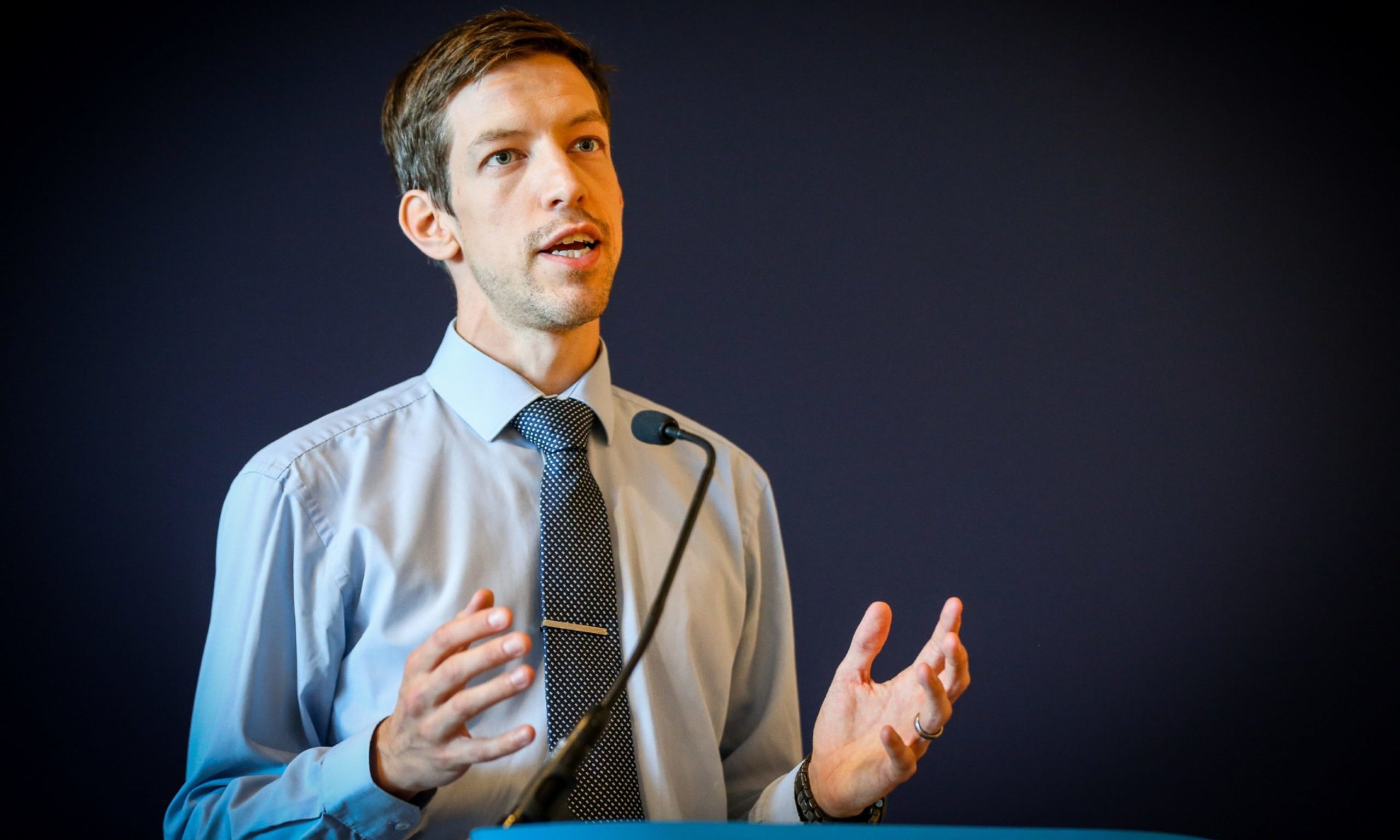A Dundee University project which could create 280 new jobs has been given the official go-ahead.
The Tay Cities Biomedical Cluster project, led by the university in partnership with NHS Tayside, was signed off by the Tay Cities Region Joint Committee on Friday.
The project, which has received initial funding of £25 million as part of the Tay Cities Deal, will help the post Covid-19 recovery through the development of new medicines, innovative medical technologies and new jobs, academics have claimed.
Economists have predicted that around 280 new biomedical jobs will be created by 2033, rising to 800 new jobs and over £190m benefit to the local economy by 2053.
Central to the project is an innovation hub close to the university’s School of Life Sciences at Dundee Technopole.
Construction of the hub will commence later this year and is scheduled to open in mid-2023.
A medical device research and development facility will also be developed in the School of Medicine and within NHS Tayside as part of the project, with construction work expected to commence this year.
Projects will move into the facility from late Autumn 2022.
There will also be an expansion of the Thiel Cadaver Facility at the University’s Centre for Anatomy and Human Identification (CAHID).

It is anticipated that this work will be completed next year.
The Tay Cities Deal is a multi-million-pound economic partnership partnership between the UK and Scottish governments and public and private organisations across Tayside and Fife.
‘The impact of this particular project will be felt across the globe’
Professor Sir Mike Ferguson, Regius Professor of Life Sciences and co-lead of the Growing the Tay Cities Biomedical Cluster project, said: “The Tay Cities Deal will make a profound difference to the local area, but the impact of this particular project will also be felt across the globe as companies and collaborations formed in Dundee influence the future of healthcare by developing new drugs, treatments and medical innovations.
“The Covid-19 pandemic has created massive disruption everywhere and demonstrated more than ever the importance of science for public benefit.
“We have one of the highest-performing and largest life sciences research portfolios in the UK.
“The time is right for us to convert our pre-eminence in life sciences research into tangible socio-economic benefit for the region, as well as health benefits for the world.”
John Alexander, leader of Dundee City Council, said: “Life sciences is one of those areas where we have been leading the way for a number of years and with the committee’s approval of the Biomedical Cluster, we will build on that to boost employment, opportunities and innovation now and into the future.”
Transport secretary Michael Matheson said: “Across Scotland we have committed more than £1.9 billion over the next 10 to 20 years to City Region and Growth Deals and additional investments.
“This announcement represents another milestone in the Tay Cities Deal.
“The Scottish Government is providing £25m to support the university’s world class reputation in the sector with a project which promises to bring jobs and investment to the region.”

